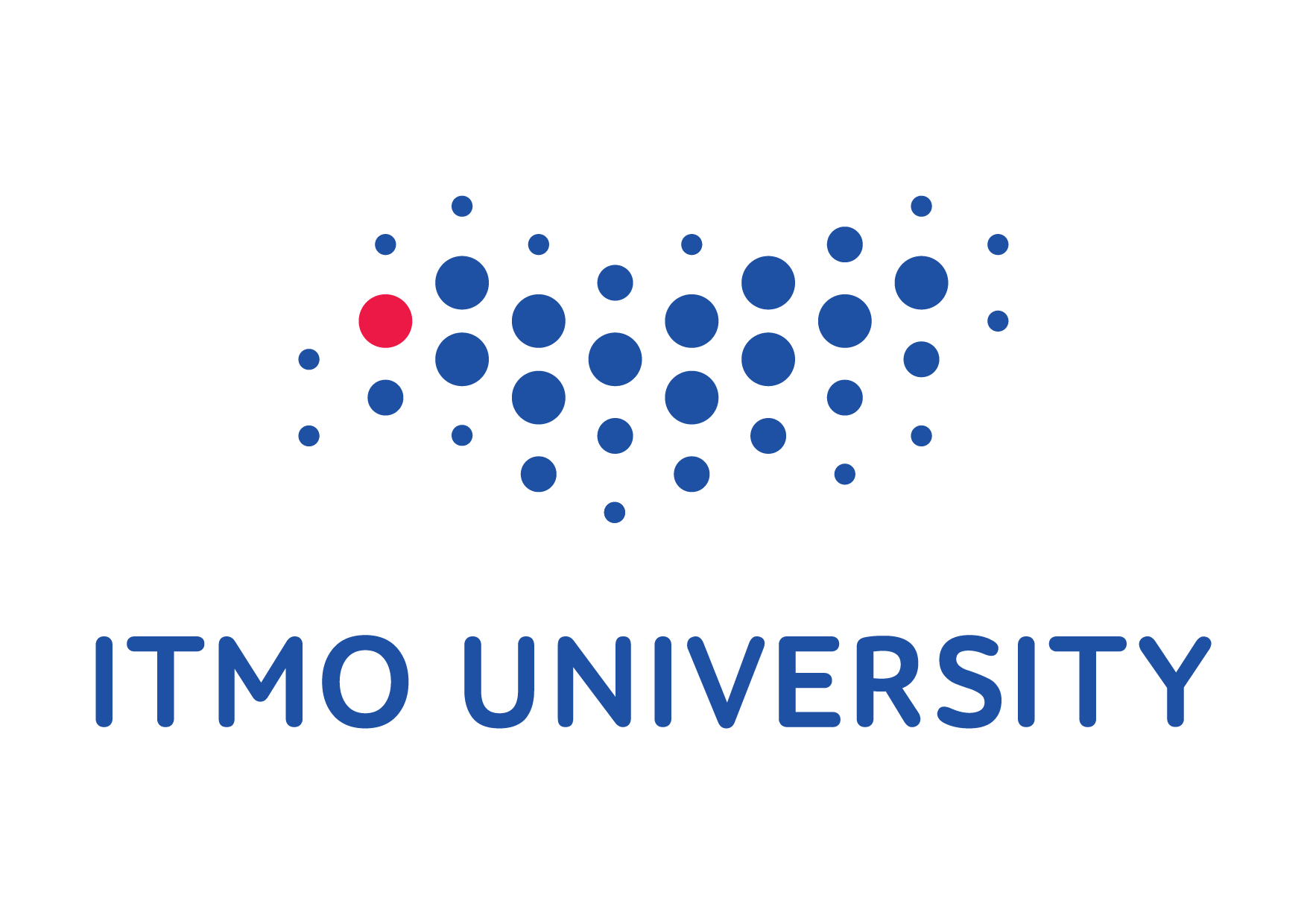ITMO: ITMO’s New Master’s Program: Quantum Technologies in the Industry
Who needs quantum technologies and why
Computers, smartphones, digital cameras, mobile networks, consumer electronics – all of these things that we deem commonplace were invented thanks to quantum technologies.
Just imagine an impenetrable internet connection with a speed of gigabytes per second. Quantum communications are the foundation of the quantum internet, they offer accelerated key exchange that helps prevent data interception.
A quantum computer can complete any complex task in mere minutes. Google, for instance, conducted an experiment in 2019, where the Sycamore quantum computer a highly complex task in just 200 seconds. In order to assess the time necessary for a classical computer to complete it, Google modeled quantum circuits on IBM Summit – the world’s most powerful classical computer. The experiment showed that it would’ve taken Summit ten thousand years to perform a similar task.
In the future, quantum computing will make its way into all fields: finance (for one, it can be used to predict financial crises), information security (quantum computers can decipher information in mere minutes), medicine (there are already for identifying various types of cancer in patients), and many more.
In Russia, the development of quantum technologies is one of the priority fields of the Digital Economy national program. Its roadmap is planned to be completed in 2024. Among other things, it includes quantum communications and quantum sensors – the two specializations that ITMO’s new Master’s program will also focus on.
The new Master’s program
Russian Railways is the main industrial partner of the program. The company has been implementing a large-scale initiative on the development of quantum communication in Russia since 2019. One of its first pilot projects is the construction of an over 700 km quantum highway between Moscow and St. Petersburg.
The first video call via this protected channel on June 8, 2021. Among the company’s plans is to develop this technology so that quantum communication networks would appear throughout Russia. By 2024, they plan to have over 7,000 kilometers of such networks.
The first video call between Moscow and St. Petersburg via a quantum network. Credit: gov.spb.ru
The first video call between Moscow and St. Petersburg via a quantum network. Credit: gov.spb.ru
The students will get the chance to participate in a project on creating a pilot piece of the quantum highway. What’s more, they will be developing a system for transferring information to optical communication lines. The key feature of optical networks is that they are almost impenetrable: intercepting a signal transferred via such a line is a very complex task.
More than a half of their study time, students of the program will spend at ITMO’s research laboratories and at partner companies like SMARTS-Quanttelecom JSC. The Quanttelecom project was launched by Artur Gleim, CEO of JSC Quantum Communications, and Sergei Kozlov, the head of the International Institute Photonics and Optical Information Technology.
In 2019, the strategic investor SMARTS JSC in the Quanttelecom project. As of today, the company focuses on the development of quantum cryptography equipment and systems for optical communication lines that offer a high level of security. They have plans to scale up the technology and bring their product to Russian and international markets.
Career opportunities
Some ten years ago, the field of quantum research was purely theoretical. Today, major programs on the development of quantum technologies are being implemented in many countries, quantum technologies attract investments, and major IT companies open their own quantum research labs. This means that the demand for specialists in this field will only grow. Thanks to quantum technologies, we’ll get safer communications, better navigation systems, global quantum Internet, highly sensitive medical sensors, and a lot more.
“The world has drastically changed in recent years. In a bus or a cafe, you’ll see lots of people communicating using their smartphones. The activity of companies, both small and big, is associated with vast amounts of digital data. And we all want our information to be safe from intruders. Quantum communications can provide such safety. They are just entering the market, and someone who has keen knowledge of the associated technologies will be sought after by any company,” comments Sergei Kozlov, the head of the program.
The program’s graduates will be able to work as project leads, engineers, research associates, and other specialists in the field of quantum communications.
35 applicants will be selected for the new program. In order to join, you need to sign up on ITMO’s official and pass the entrance examinations – you can find the associated information .
“During my Bachelor’s studies at ITMO, I’ve been actively working at the quantum communications laboratory. As the laboratory’s (and mine, as well) activities call for serious groundwork beyond the scope of a Bachelor’s student competencies, I had to study a lot on my own.
That is why choosing Quantum Technologies in the Industry as my Master’s program was obvious for me – it will at the very least help fill the gaps in the experience I’ve accumulated over these years and expand my set of skills. I will now get the chance to focus on the specific field that’s interesting for me. I also believe that now my educational and research activities will work in synergy, and this will result in better efficiency of my work in general and in what has to do with my current projects,” comments Roman Goncharov, one of the program’s applicants.

